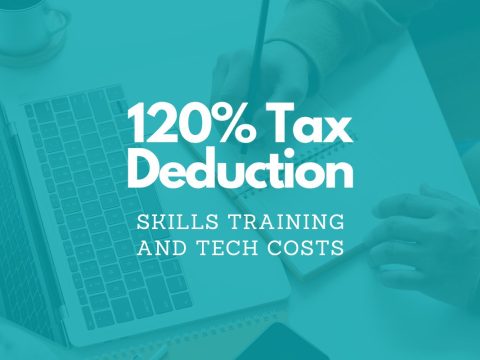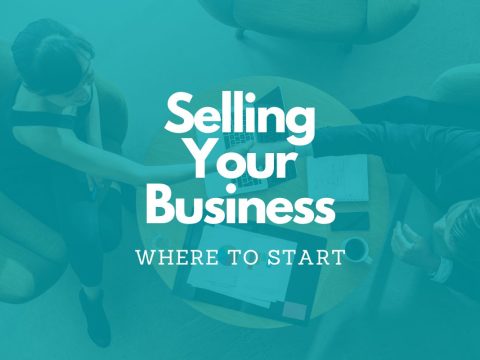Cloud accounting and the world of apps
By David Downie, Partner
We are increasingly living in the world of “the cloud,” where much of our business and personal lives rely on the Internet to host and exchange information in an accessible and connected manner.
From a business perspective, use of the cloud opens up opportunities for better access to a broader range of information, more efficient business practices and better customer service.
In our own business, we have moved to using cloud-based software applications, or “apps,” for: practice management, preparation of accounts and tax returns, employee payroll, human resources compliance, employee engagement and coaching, IT security training and testing, document transmission and signature, online meetings, invoice processing and financial reporting. In the cloud software industry, the collection of apps used by a business is referred to as its “app stack.” As you can see, ours has become quite extensive and this has unlocked significant new efficiencies and opportunities for our clients.
The key to the utility of many of the cloud-based apps used by small businesses is the ability to share information and to automate processes. The starting point for this system is the use of an online accounting software package, such as: Xero, MYOB, QuickBooks or Saasu. Once cloud-based accounting software is properly set up and in use, it is possible to then connect other apps to provide additional functionality. These range from accounts payable to employee rostering and point of sale. At present there are over 700 apps available in the Xero App Marketplace and the numbers are increasing. This means more and more functionality for small business owners, giving them the ability to automate more of their processes across all different industries, receive new insights and make better data-driven decisions.
Being keen to learn more about this, on 29 July, I attended the “Cloud Integration Partners App Advisory Certification Camp.” The object of the seminar was to discuss how to identify opportunities to assist clients with apps suitable for their businesses and how to navigate the huge range of available apps to find useful solutions.
The key message was the opportunity available for small businesses to use suitable apps to provide functions previously only available to large businesses with custom ERP solutions. Key functions available include the following:
- Bookkeeping: substantial automation of supplier invoice processing, transaction entry and bank reconciliation (e.g. Xero, Receipt Bank)
- Customer Relationship Management (e.g. Hubspot)
- Debtor tracking and follow-up (e.g. Chaser)
- E-commerce (e.g. Shopify)
- Payroll (e.g. Cloud Payroll)
- Employee scheduling and time-tracking (e.g. Deputy)
- Financial and KPI reporting (e.g. Spotlight Reporting)
The key message was that there are now many powerful software tools available for small businesses, at low cost, that are able to make existing business processes a lot more efficient and also provide more useful and timely information to business owners and managers.
In addition to helping clients move to cloud accounting, we have helped some adopt relevant apps to improve their business processes and we look forward to further work in this growing and important area.
Feel free to contact us any time if you would be interesting in discussing a move into the cloud or making the most of Xero (via apps) if you’re already set up!




